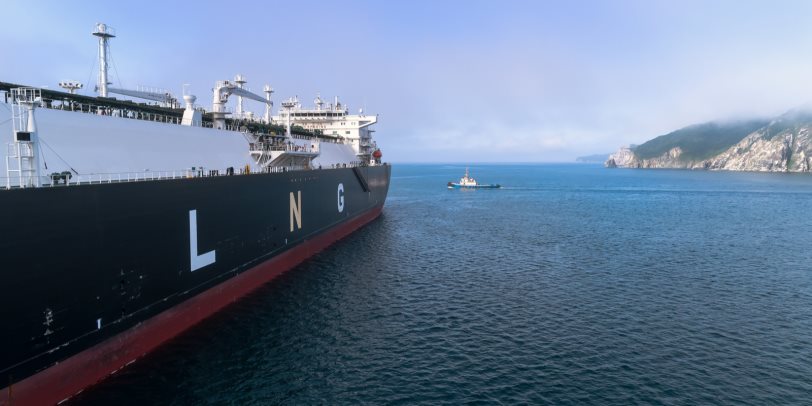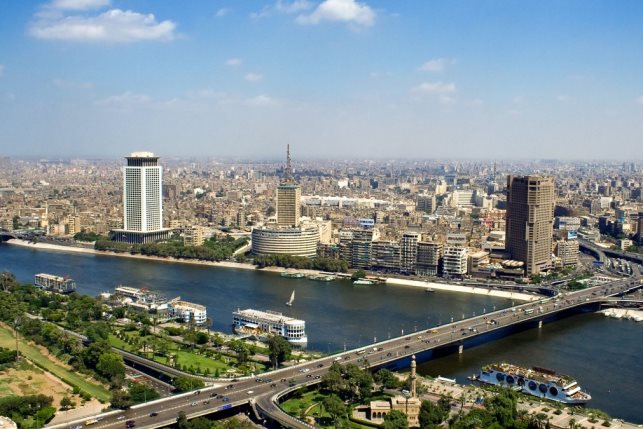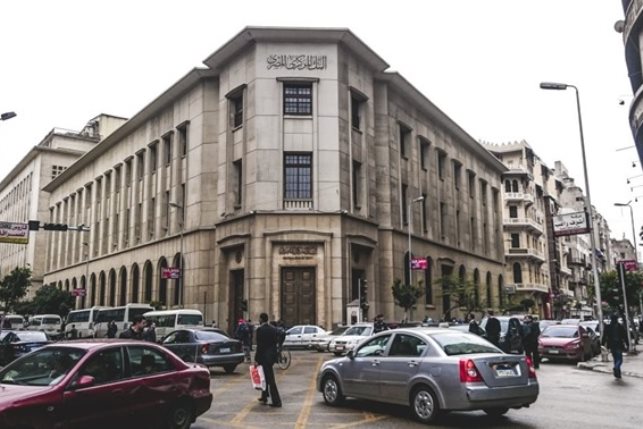Egypt plans to import liquefied gas to alleviate power outage crisis
The source, who is a Ministry of Electricity official, revealed that each shipment of liquefied natural gas (LNG) amounts to 3 trillion British thermal units (BTUs), providing an average of 100 million cubic feet per day of natural gas to power stations for 10 days

Egypt has announced its intention to import three shipments of liquefied gas per month from July to October this year, to address the country's power shortage issues during the summer months. According to an unnamed government official who spoke to Asharq Business, each shipment is estimated to cost up to $120 million per month.
The source, who is a Ministry of Electricity official, revealed that each shipment of liquefied natural gas (LNG) amounts to 3 trillion British thermal units (BTUs), providing an average of 100 million cubic feet per day of natural gas to power stations for 10 days.
The move comes as Egypt works towards increasing gas availability within the country during the second half of this year, aiming to meet the rising electricity demands. The recent recurrence of power outages led to significant public discontent, prompting authorities to implement a system of reducing electrical loads for two hours a day after the Eid al-Fitr holiday. This measure involved alternating power cuts between different regions.
To address the ongoing power outages across Egypt, the Ministry of Electricity estimates a daily requirement of approximately 105 million cubic meters of natural gas, along with 10 thousand tons of diesel. However, with temperatures expected to rise in the coming period, the demand may increase to 135 million cubic meters of gas, according to the official.
The decision to import liquefied gas is primarily driven by the decline in global market prices compared to the current diesel prices. This move is expected to provide a cost-effective solution to the power shortage crisis, ensuring a steady energy supply to meet the country's electricity needs.





